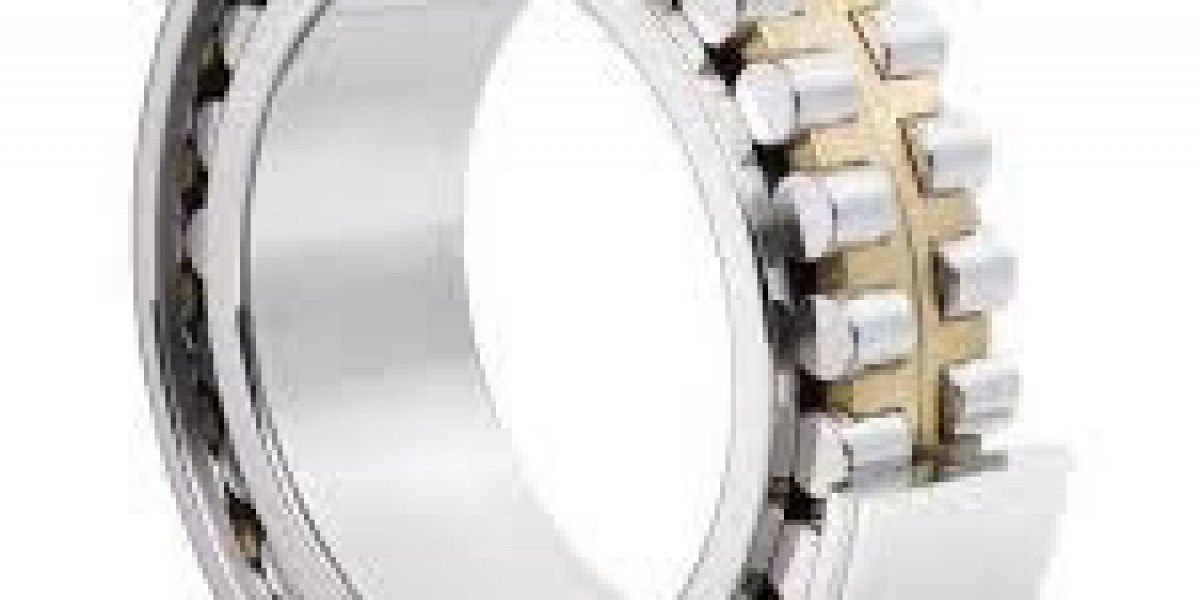Industrial machinery, automotive systems, and heavy-duty equipment all rely on small yet powerful components to operate smoothly. Among these, the roller ball bearing plays a crucial role in reducing friction, supporting loads, and ensuring reliable motion. Unfortunately, many operators overlook its maintenance, assuming it’s a minor issue. In reality, neglecting roller ball bearings can lead to breakdowns, production losses, and even catastrophic equipment failure.
What Are Roller Ball Bearings?
Roller ball bearings are precision-engineered components that:
Reduce friction between rotating parts.
Support axial and radial loads.
Enhance energy efficiency by enabling smooth rotation.
Prevent overheating and wear in machinery.
Their application spans across automotive systems, industrial machines, aerospace, construction equipment, and more. Without bearings, most rotating machinery would seize up or quickly fail.
Consequences of Ignoring Roller Ball Bearing Issues
Delaying replacement or ignoring problems with roller ball bearings can cause:
Unexpected Downtime: Equipment shutdowns halt operations and reduce productivity.
High Repair Costs: A failed bearing often damages shafts, housings, or gears.
Energy Loss: Friction increases power consumption, raising operating costs.
Safety Hazards: Sudden failures may cause machinery breakdowns, risking worker safety.
Shorter Equipment Lifespan: Continuous wear and tear accelerate component failure.
Warning Signs of a Failing Roller Ball Bearing
Early detection is key. Common symptoms include:
Unusual Noise: Grinding, squealing, or rumbling from machinery.
Vibration: Excessive vibration indicates misalignment or bearing wear.
Overheating: Friction generates excess heat around the bearing housing.
Lubrication Issues: Leaking or contaminated grease reduces efficiency.
Inconsistent Performance: Reduced speed, uneven motion, or machinery instability.
Why Timely Roller Ball Bearing Replacement Matters
Replacing roller ball bearings before total failure ensures:
Reduced Costs: Prevents collateral damage to shafts and gears.
Improved Safety: Minimizes risks of accidents from sudden breakdowns.
Operational Efficiency: Keeps machinery running smoothly without energy waste.
Longevity: Extends the lifespan of your equipment.
Common Causes of Roller Ball Bearing Failures
Bearings typically fail due to:
Poor Lubrication: Either too little or contaminated grease causes friction.
Overloading: Excessive loads stress the bearing beyond its capacity.
Misalignment: Improper installation or shaft misalignment accelerates wear.
Contamination: Dirt, dust, or moisture infiltrating the bearing.
Neglect: Delayed inspection and maintenance shorten service life.
OEM vs Aftermarket Roller Ball Bearings
When choosing replacements, there are two options:
OEM Bearings
Designed to original specifications.
Reliable performance and longer lifespan.
Higher initial cost.
Aftermarket Bearings
Cost-effective but vary in quality.
Best sourced from trusted suppliers to avoid early wear.
Cost of Neglect vs Replacement
Bearing Replacement: Predictable and relatively affordable.
Bearing Failure: Leads to major repair bills, lost production time, and even complete machinery replacement.
The financial impact clearly shows that timely bearing replacement is always the smarter choice.
DIY vs Professional Replacement
While minor bearing replacements may seem straightforward, professional installation ensures:
Correct torque and alignment.
Use of proper tools for pressing and fitting.
Verification of lubrication and sealing.
Incorrect DIY installation often leads to premature failures.
Industries That Depend on Roller Ball Bearings
Roller ball bearings are essential across multiple sectors:
Automotive: Wheel hubs, transmissions, engines.
Manufacturing: Conveyor belts, pumps, and motors.
Aerospace: Precision movements in aircraft machinery.
Construction: Heavy-duty equipment like cranes and excavators.
Energy Sector: Turbines, generators, and compressors.
Their universality makes them one of the most critical components in mechanical engineering.
Where to Source Reliable Roller Ball Bearings
Quality bearings define equipment reliability. At NMR Bearing, we supply premium-grade roller ball bearings designed to meet OEM specifications and withstand extreme conditions. Built for durability and precision, these bearings ensure long-term performance across industries.
Conclusion
The roller ball bearing may be small, but its impact on performance, efficiency, and safety is massive. Ignoring warning signs or delaying replacement can lead to higher costs, downtime, and risks that no operator should overlook. Choosing high-quality bearings and replacing them on time is an investment in smooth operations, cost savings, and peace of mind. Protect your machinery today—because when a bearing fails, the whole system suffers.







